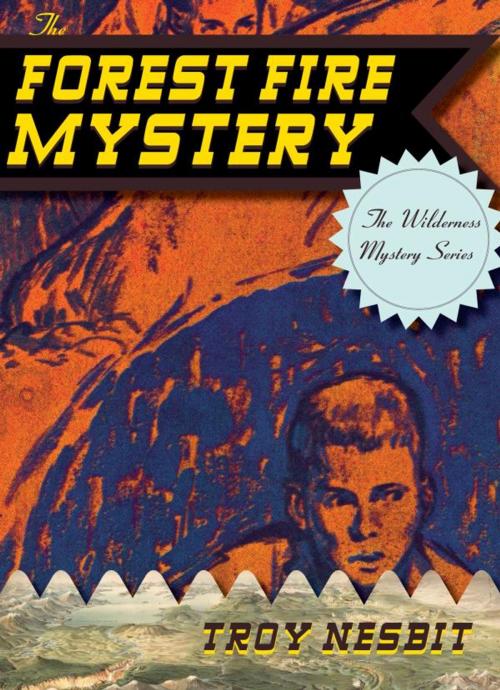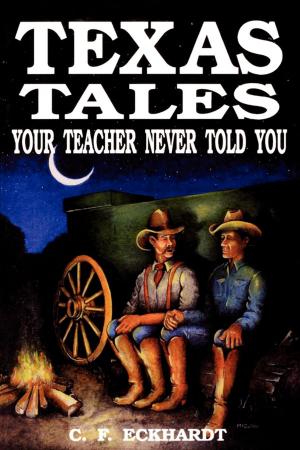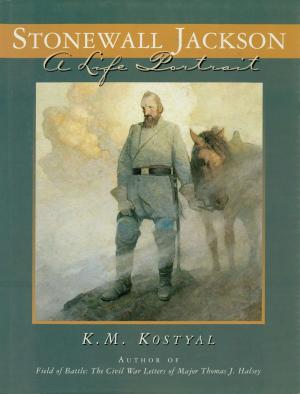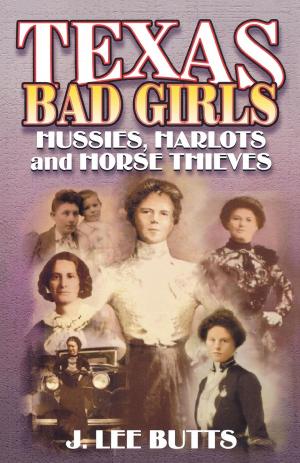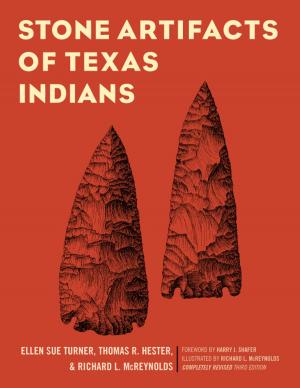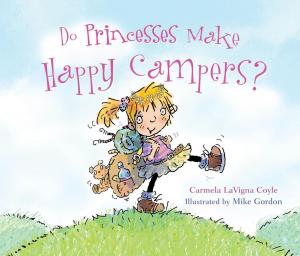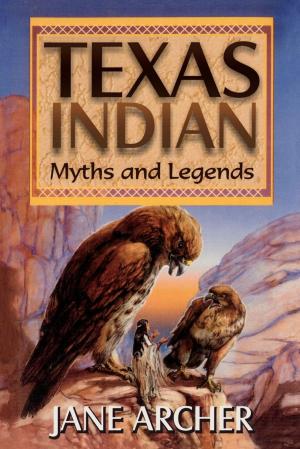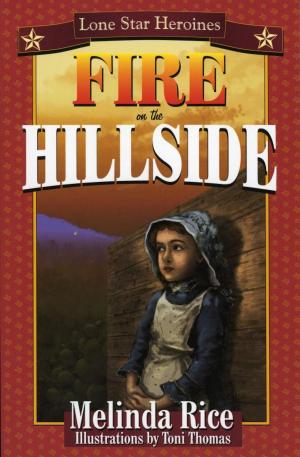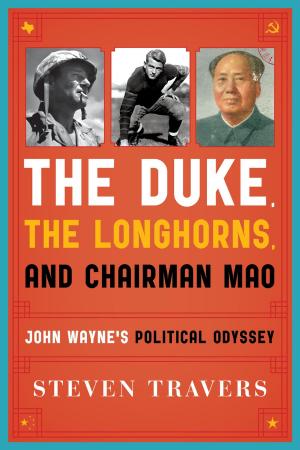| Author: | Troy Nesbit | ISBN: | 9781589798700 |
| Publisher: | Taylor Trade Publishing | Publication: | January 7, 2014 |
| Imprint: | Taylor Trade Publishing | Language: | English |
| Author: | Troy Nesbit |
| ISBN: | 9781589798700 |
| Publisher: | Taylor Trade Publishing |
| Publication: | January 7, 2014 |
| Imprint: | Taylor Trade Publishing |
| Language: | English |
Art Mills and his family have recently moved to southwestern Colorado. When Art isn’t working in the family’s Dew Drop Inn, he’s out exploring the national forest that surrounds them. A favorite spot is Eagle Mountain, where the abandoned Fittleson’s Folly mine—a good spot for snipe hunting!—is located. When the secretive logger Mr. Maynard threatens Art, his sister Liz, and their friends to stay away, the kids can’t help but wonder what Mr. Maynard is up to. And then once the forest fires start, Art knows someone is up to no good . . .
The recurrent themes of the books in the Wilderness Mystery Series are natural phenomena—caves, canyons, mountains, sand dunes, and forests—and a sense of the past as seen through archaeology. In many of the narratives, events of long ago are seen to have left traces of their passing. Notwithstanding the fact that the books were written in the 1950s, the progressive Franklin Folsom (alias Troy Nesbit) had refreshing views of women, Native Americans, and the environment, and he was prescient in having his characters often oppose corporate and government efforts to develop wilderness areas.
Art Mills and his family have recently moved to southwestern Colorado. When Art isn’t working in the family’s Dew Drop Inn, he’s out exploring the national forest that surrounds them. A favorite spot is Eagle Mountain, where the abandoned Fittleson’s Folly mine—a good spot for snipe hunting!—is located. When the secretive logger Mr. Maynard threatens Art, his sister Liz, and their friends to stay away, the kids can’t help but wonder what Mr. Maynard is up to. And then once the forest fires start, Art knows someone is up to no good . . .
The recurrent themes of the books in the Wilderness Mystery Series are natural phenomena—caves, canyons, mountains, sand dunes, and forests—and a sense of the past as seen through archaeology. In many of the narratives, events of long ago are seen to have left traces of their passing. Notwithstanding the fact that the books were written in the 1950s, the progressive Franklin Folsom (alias Troy Nesbit) had refreshing views of women, Native Americans, and the environment, and he was prescient in having his characters often oppose corporate and government efforts to develop wilderness areas.
